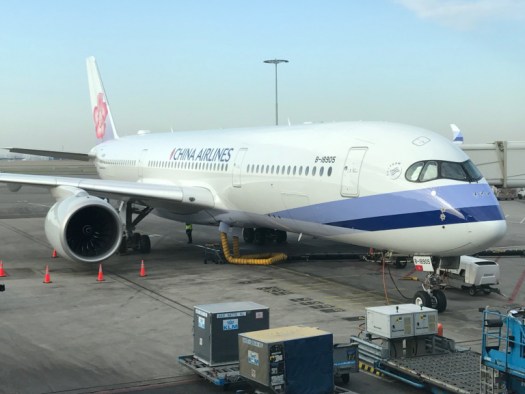

What do twins talk about before they are born? (the China connection is that this was sent to me by a Chinese lady.)
In a mother’s womb were two babies. One asked the other: “Do you believe in life after delivery?” The other replied, “Why, of course. There has to be something after delivery. Maybe we are here to prepare ourselves for what we will be later.”
“Nonsense” said the first. “There is no life after delivery. What kind of life would that be?”
The second said, “I don’t know, but there will be more light than here. Maybe we will walk with our legs and eat from our mouths. Maybe we will have other senses that we can’t understand now.”
The first replied, “That is absurd. Walking is impossible. And eating with our mouths? Ridiculous! The umbilical cord supplies nutrition and everything we need. But the umbilical cord is so short. Life after delivery is to be logically excluded.”
The second insisted, “Well I think there is something and maybe it’s different than it is here. Maybe we won’t need this physical cord anymore.”
The first replied, “Nonsense. And moreover if there is life, then why has no one ever come back from there? Delivery is the end of life, and in the after-delivery there is nothing but darkness and silence and oblivion. It takes us nowhere.”
“Well, I don’t know,” said the second, “but certainly we will meet Mother and she will take care of us.”
The first replied “Mother? You actually believe in Mother? That’s laughable. If Mother exists then where is She now?”
The second said, “She is all around us. We are surrounded by her. We are of Her. It is in Her that we live. Without Her this world would not and could not exist.”
Said the first: “Well I don’t see Her, so it is only logical that She doesn’t exist.”
To which the second replied, “Sometimes, when you’re in silence and you focus and listen, you can perceive Her presence, and you can hear Her loving voice, calling down from above.”
(The other photo is of the daffodils in our garden, there from before 1 Jan! A sign of good things to come? )
















 followed them and Scotland eventually became ‘Scotland’. Today Ireland, Scotland and England all claim Duns as one of theirs.
followed them and Scotland eventually became ‘Scotland’. Today Ireland, Scotland and England all claim Duns as one of theirs.


